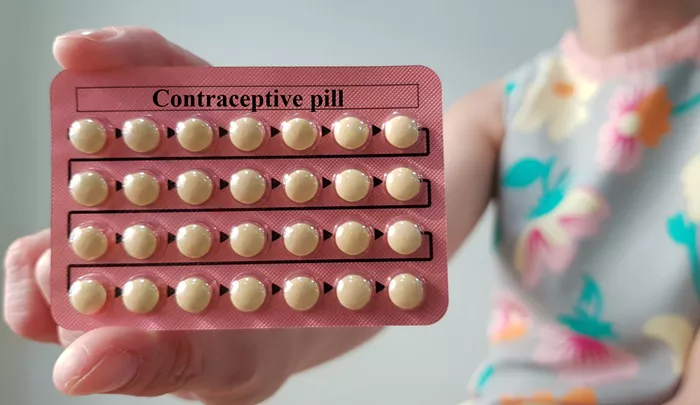New research has found that combined hormonal contraceptives may significantly increase the risk of stroke in young women.
Presented at the 2024 European Stroke Organisation Conference, findings from the international Secreto study show that women using combined oral contraceptives—containing both oestrogen and progestogen—were nearly three times more likely to suffer a cryptogenic stroke than non-users. This type of stroke, which has no clear cause, accounts for about 40% of strokes in younger adults.
The study involved 608 stroke patients aged 18 to 49 across 13 European countries. Researchers adjusted for other risk factors like obesity and migraines, yet still found a strong link to combined contraceptive use.
Earlier this year, another large-scale study tracking over two million women linked various forms of combined contraceptives—including pills, patches, vaginal rings, and some IUDs—to increased risks of stroke and heart attack. The vaginal ring and patch showed the highest risks. Progestin-only options, such as certain IUDs, did not show the same effect, suggesting oestrogen may be the key factor.
Synthetic oestrogen can increase blood clotting by boosting clotting proteins and reducing natural anticoagulants. This may lead to ischaemic strokes, which happen when a clot blocks blood flow to the brain. Oestrogen can also raise blood pressure and affect blood vessels, further elevating stroke risk—especially for women who smoke or suffer from migraines.
Although the absolute risk is low—about one extra stroke per 4,700 users per year—the large number of women using these contraceptives means the population-level impact is considerable.
Experts stress the need for better research and communication around contraceptive risks. Women should be fully informed of both benefits and risks to make the best choice for their health. While combined contraceptives carry some risk, pregnancy and postpartum periods pose even higher clotting risks.
With clearer information and more inclusive research, women can make safer, more informed decisions about their reproductive health.
Related topics:


